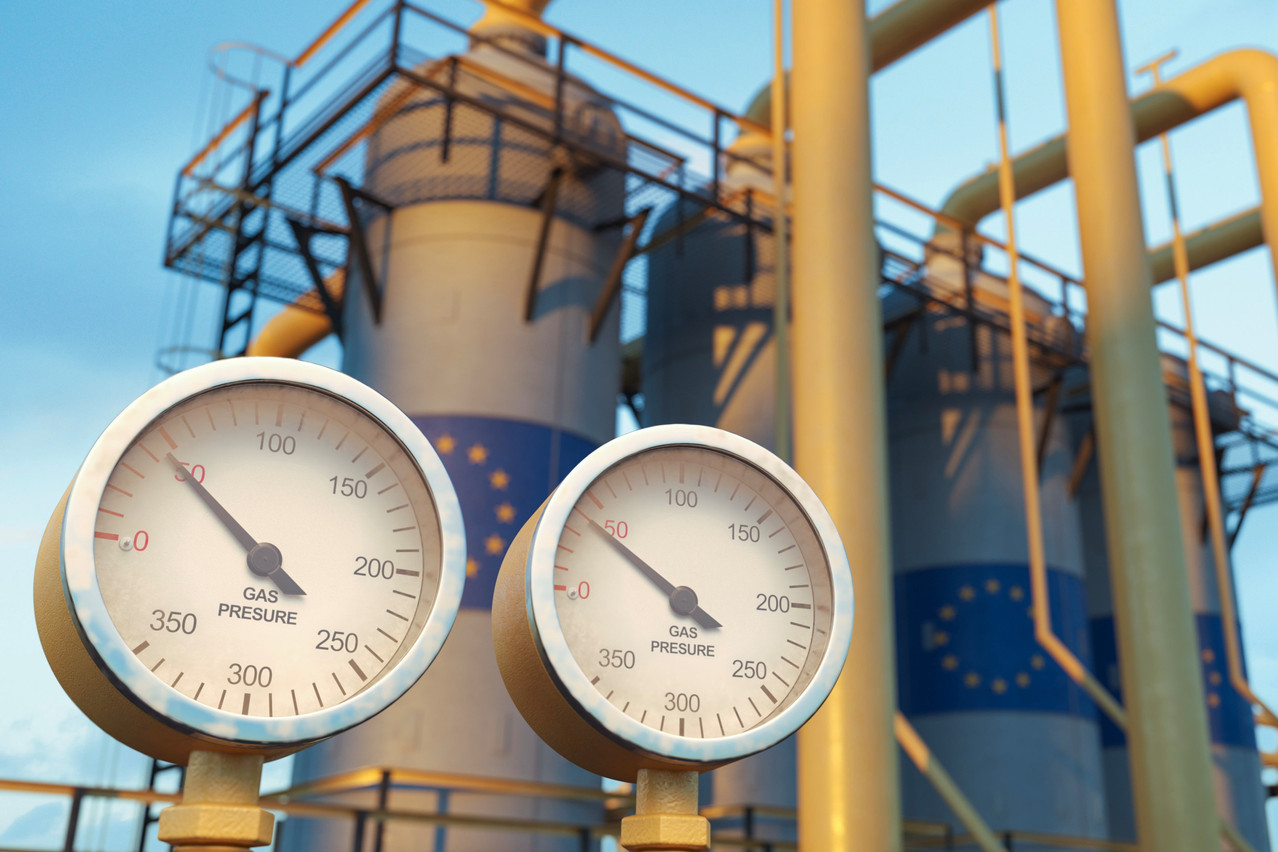Russia’s share in EU trade has dropped dramatically since the onset of import and export restrictions imposed by the EU in the aftermath of Russia’s invasion of Ukraine, according to the EU statistics agency Eurostat.
A decline across the board
In less than 18 months, Russia’s contribution to extra-EU imports shriveled from 9.6% to 1.7%, and its share in extra-EU exports followed suit, declining from 3.8% to 1.4%, Eurostat this month.
Notably, a trade deficit of €18.5bn with Russia in March 2022, primarily due to soaring energy prices, shrank to just €0.4bn by June 2023, marking four straight months under one billion euros.
An astounding €18.6bn decline in the EU’s monthly imports from Russia, coupled with a slight decrease in exports, has played a central role in this shift. Imports plummeted from €21.9bn in March 2022 to a low of €3.3bn in June 2023, while exports slid from €3.4bn to €2.9bn in the same period.
Energy imports
The energy sector has always been the crux of the EU-Russia trade relationship. The trade deficit here nosedived from €45.0bn in second quarter of 2022 to a comparatively modest €1.6bn in second quarter of 2023.
The reduction was driven mainly by a drop in the importation of energy commodities, with the energy trade deficit contracting from €40.4bn to €5.7bn within a year.
Fossil fuels
In a remarkable turn of events, the EU has significantly cut back on its reliance on Russian energy imports. Eurostat data underscores this evolution, showing marked reductions in the procurement of Russian coal, natural gas and petroleum oil.
Petroleum imports decreased from constituting 29.2% of the total in Q2 2021 to just 2.3% in Q2 2023. Natural gas followed, dropping from 38.5% to 12.9%, and coal imports have virtually ceased, plummeting from 45.0% to zero.
